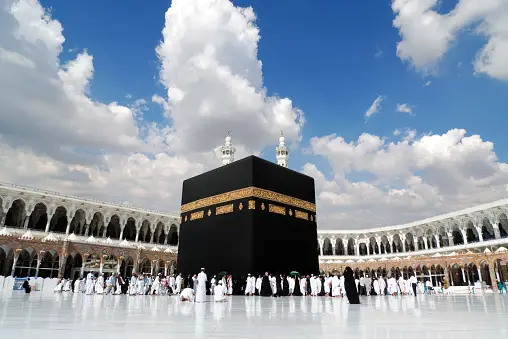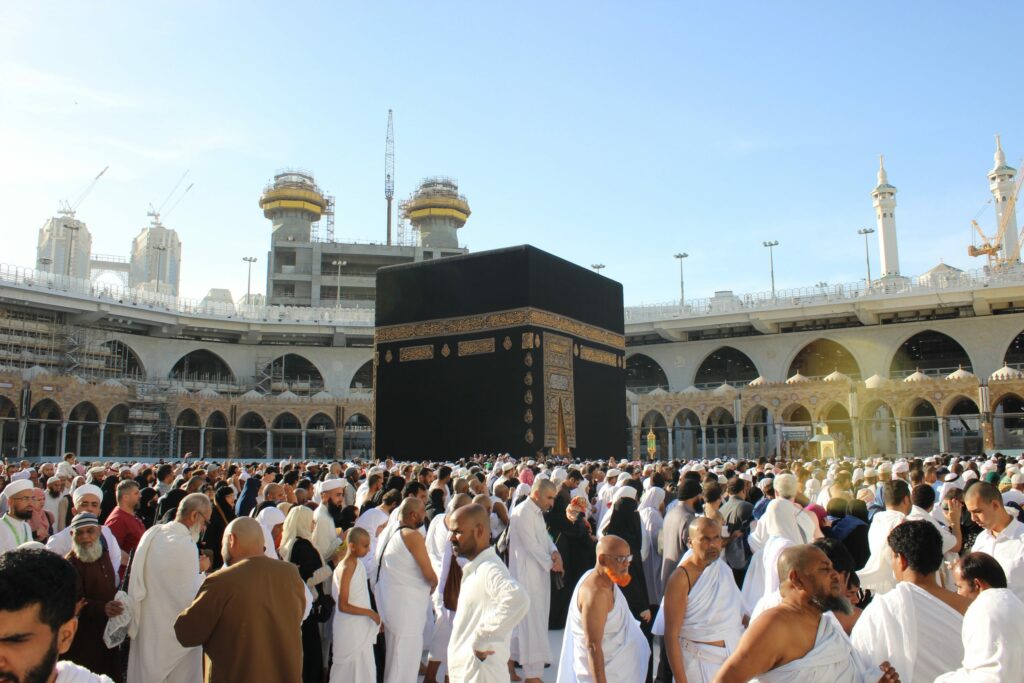Islamic culture includes a variety of religious holidays, each with its unique meaning and rituals. Eid Al-Fitr, Arafat Day, and Eid Al-Adha are among the most prominent holidays. While all three events are extremely important in the Islamic calendar, they differ in their observances, ceremonies, and historical context. In this essay, we will look at the differences between these three major events.

Eid Al-Fitr, also known as the “Festival of Breaking the Fast,” commemorates the conclusion of Ramadan, the Islamic holy month. This joyful celebration lasts three days and expresses thankfulness to Allah for providing the stamina and perseverance to finish the month-long fast. Muslims all across the world gather to perform special prayers, exchange presents, visit family and friends, and feast. Furthermore, it is usual to offer Zakat Al-Fitr, a type of charity, before Eid prayers in order to cleanse one’s fast and aid the less fortunate.
Arafat Day is an important aspect of the Hajj pilgrimage, which is one of Islam’s five pillars. This day falls on the 9th of Dhul-Hijjah, the Islamic month before Eid Al-Adha. Pilgrims congregate on the fields of Arafat, near the holy city of Mecca, to pray, ponder, and seek forgiveness. Arafat Day is significant because it recalls Prophet Muhammad’s (peace be upon him) farewell speech and serves as a symbol of unity and humility for Muslims worldwide.

Eid Al-Adha, also known as the “Festival of Sacrifice,” commemorates Prophet Ibrahim’s (Abraham’s) willingness to sacrifice his son as an act of obedience to Allah’s mandate. Muslims remember this occasion by sacrificing an animal, generally a sheep, goat, cow, or camel, in the same way that Ibrahim exhibited unflinching faith. The meat is then split into three pieces for personal consumption, family and friends, and those in need. The principles of kindness, sharing, and compassion are emphasized in this deed.
Eid Al-Fitr, Arafat Day, and Eid Al-Adha are all important Islamic holidays, each with its own set of traditions and historical importance. While Eid Al-Fitr celebrates the end of Ramadan with prayers and festivities, Arafat Day is especially significant during the Hajj journey, representing togetherness and commitment. Eid Al-Adha, on the other hand, honors the sacrifice of Prophet Ibrahim and emphasizes the ideals of generosity and compassion. We can appreciate the diversity and depth of Islamic traditions and join together in the spirit of unity and harmony at these auspicious days if we comprehend these differences.

